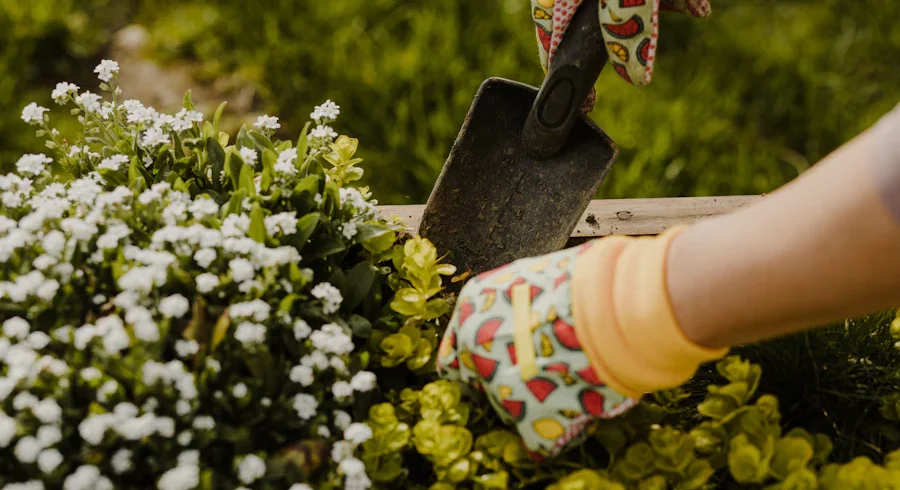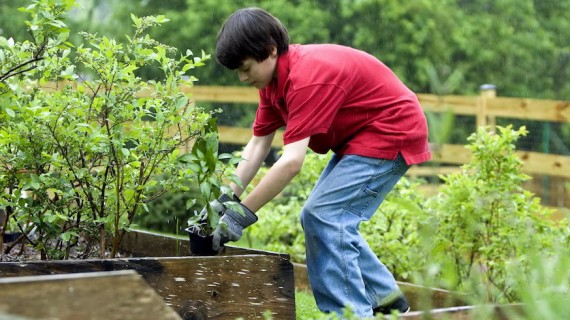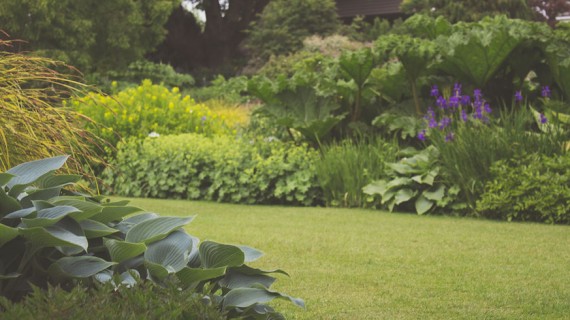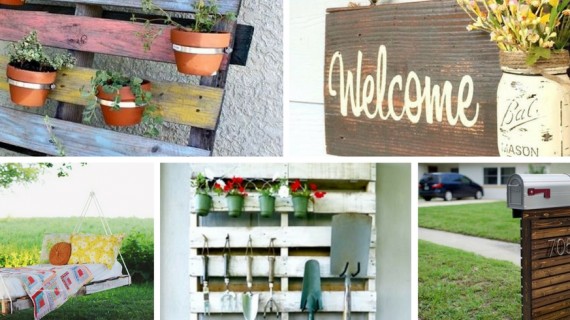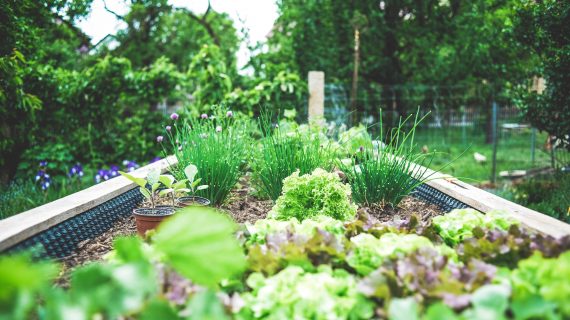In a world that needs more and more authentic and vital green spaces, nature gardening is establishing itself as an ecological practice capable of making a difference. One of its most passionate supporters is Kate Bradbury, a British writer with a passion for gardening. She has transformed her urban garden into a wild and vibrant haven, demonstrating how even a small space can become a precious ecosystem. With native plants, corners let grow freely and a deep attention to biodiversity, this approach invites to cultivate nature in a harmonious, sustainable and deeply regenerative way.
Who is Kate Bradbury?

Kate Bradbury is a British writer who has made nature and gardening the heart of her life and work. Since when she was a child she had a deep connection with nature. But it was only when as an adult, after moving to the city, that she felt the profound need to create a living, wild and welcoming space for local wildlife. The turning point came when, at 24 years, she discovered a hornet’s nest in her garden. Instead of being scared, she chose to observe them, live with them and learn. Since then, she has embraced nature gardening as an ethical and ecological choice, dedicating herself to spreading a vision of the garden a refuge for biodiversity, even in the most urban contexts.
What is nature gardening?
Nature gardening is an invitation to leave space to nature and to cultivate respecting the rhythms and its balance. It is possible by leaving room for wild and spontaneous life. Unlike ornamental gardening , which is made of square hedges and flowers selected just for aesthetic, this approach promotes spontaneous growth, the use of native plants and the creation of habitats for insects, birds and small animals. It’s a way of taking care of the green that embraces biodiversity and accepts imperfection as part of beauty. A nature garden it’s not just a flower corner, but a living microcosm, in continuous dialogue with the surrounding environment.
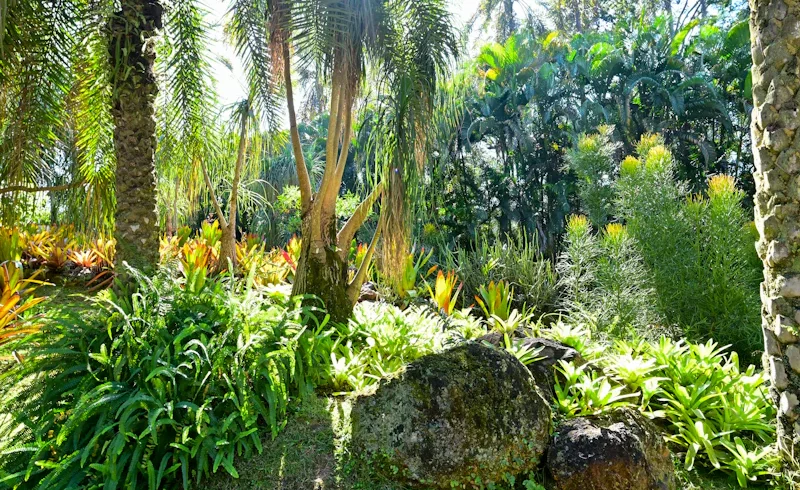
The power of small green gesture
Even the simplest gestures can become seeds of change. Letting the grass grow, planting wild flowers, creating shelters for insects among the stones or choosing native plants are small actions only in appearance. Following the example of Kate Bradbury, every green space (from the garden to the balcony), can be transformed. It can become a small and lush ecosystem, able to nourish biodiversity and reconnect with nature. There is no need to have large spaces or technical knowledge: just observe, listen and let life find its way.
The benefits of nature gardening
Nature gardening brings benefits that go far beyond visible beauty. A wild garden becomes a shelter for pollinating insects, birds and small mammals. It also helps to improve air’s quality, to retain rainwater and to mitigate urban heat.
But it’s not just the environment that gains: cultivating a living space gives us a sense of belonging. It also reduces stress and els a deep connection with natural world. Taking care of a corner of biodiversity means also taking care of yourself.
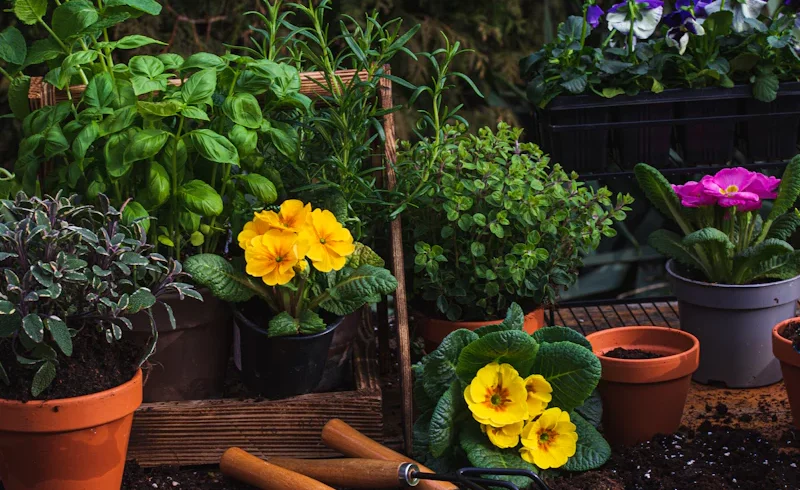
Where to start: tips for aspiring ecological gardeners
Approaching nature gardening doesn’t require large investments, but a new look at the green that surrounds us.
You can start by planting local species, leaving a corner of the garden free to grow wild, building small shelters for insects with sticks and stones or installing a water tank for animals. Even a simple vase of spontaneous flowers on a balcony can become a small oasis.
Following the example of Kate Bradbury, every choice, even the smallest one, becomes an act of caring for nature and a step towards a more harmonious world.
One Garden Against the World
Cultivating a natural garden is a simple and powerful way to give back space to wild life and find an authentic connection with nature. The experience of Kate Bradbury teaches us that even a small green corner can become a place of rebirth for biodiversity. Let’s take an example: every spontaneous flower, every corner left free can be an act of care towards the planet.
And you, are you ready to let nature find a home in your green space?
